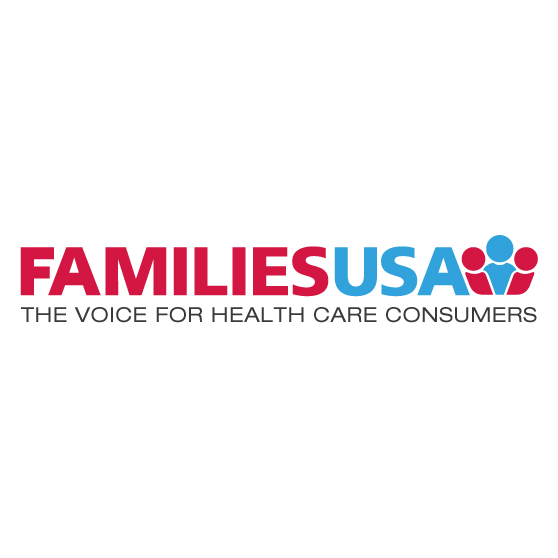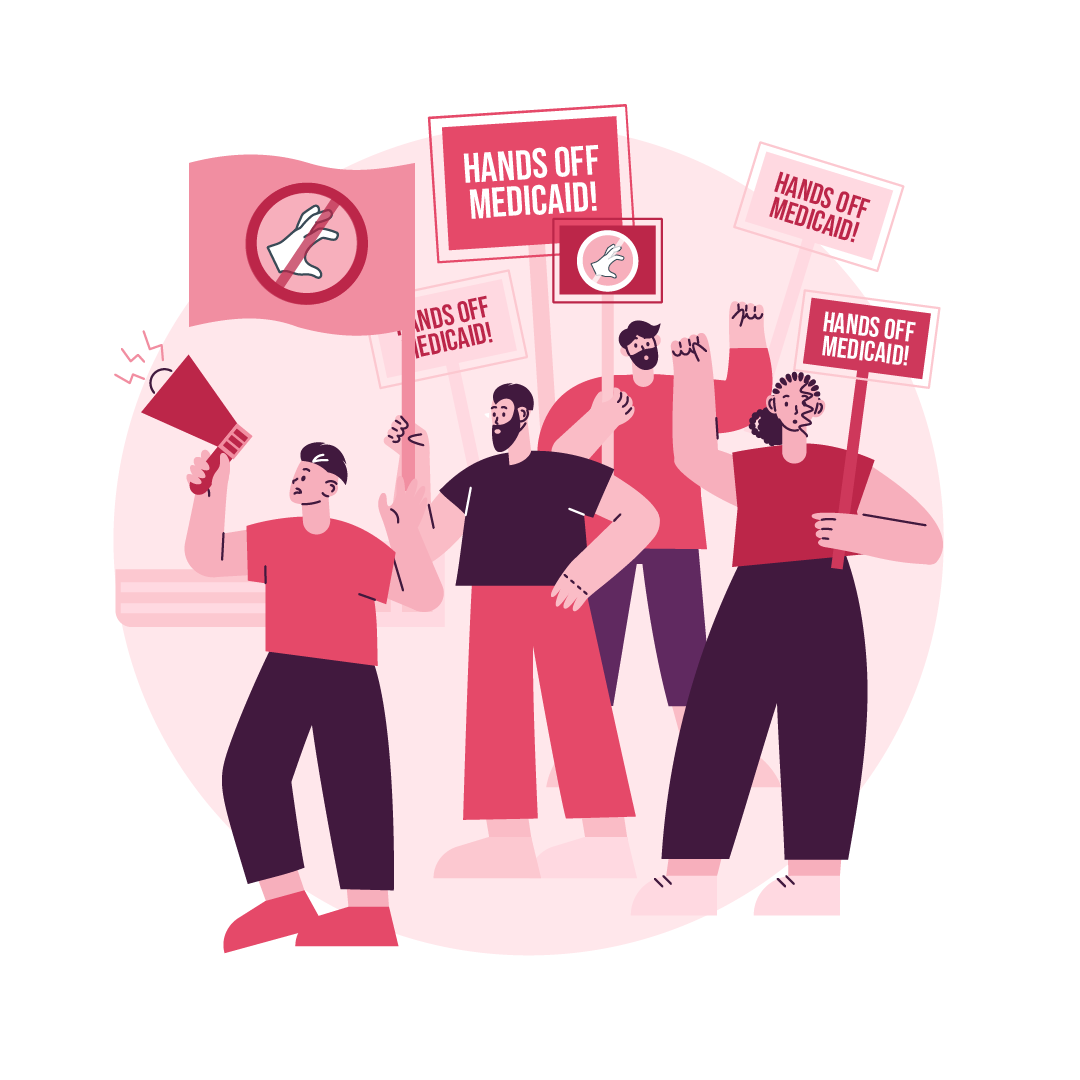
Changing the World Around You – Getting to Know Health Advocacy with Frederick Isasi
By Adina Marx, Frederick Isasi,
11.09.2021
Frederick Isasi is the executive director of Families USA and a trusted leader on how we can make sure we get the best possible care and that everyone can be healthy, regardless of the color of their skin, where they live, or how wealthy they are. We sat down with him to get his insights into why getting involved in policy issues that affect our lives is so important, what areas he sees as critical for the year ahead and how he recommends anyone newly interested in changing the world around them get involved. This interview took place as Congress debated legislation to advance the President’s Build Back Better agenda, including the potential for the biggest improvements to affordable health care in more than a decade.
Hi Frederick, thanks for taking the time!
My pleasure. Thanks for asking me to be part of the blog!
How did you first become interested in health policy and advocacy? What drove you in that direction?
It’s been a long road. I think my first experience with health care advocacy was getting involved in the HIV/AIDS movement back in the 80s. It was a really difficult time. There was so much fear about HIV/AIDS and so much misinformation. I remember thinking that government policy at the time was being driven by the worst in us – fear, anger, a sense of “other.” When I got connected to the LGBTQ and HIV/AIDS community I was so inspired by finding a community and watching firsthand the fearlessness of the movement.
What made you interested in working at Families USA?
I’ve worked on health policy and health reform from so many perspectives – from the vantage point of federal policymakers, state policymakers, safety-net providers, and strategic advisors to the health care sector. In all of that work, I’ve learned, quite simply, that everyone is “passing the buck.” Providers don’t embrace reform because they say patients don’t want it or aren’t asking for it. The same often happens with governors and or with U.S. Senators. And health care is one-fifth of our economy, so the political power around health reform is massive. At its core, our effort is to reorient U.S. health care resources and systems to deliver health, not just tiny little units of health care. For example, a hospital should know and be held accountable for their patients being healthy- not just the delivery of a test or procedure. The only solution to overcoming the inertia fighting for the status quo, is us, the people! A movement! No more passing the buck for providers or policymakers. Being at Families USA is so exciting because all of us are about being in service to the movement!
What policies are you most interested in working on in the coming year? What opportunities and challenges do you see for each of them?
Well, it’s an incredibly important year. In the last four years President Trump and the Republican controlled Congress tried to remove over a trillion dollars of federal support from health care and more than 20 million Americans would have lost access to health care. We and all of our partners worked so hard to protect the safety-net and access to health care for the most vulnerable. Now on the state and federal levels there are so many opportunities. President Biden and Democratic leadership have put some really important reforms forward such as finally ensuring everyone has access to heath care, including in states that are refusing to extend Medicaid to their most vulnerable. We may finally allow the federal government to stop drug companies’ outrageous prices and greed. We also may see one of the most important investments in protecting the health of children and pregnant women. So we are working really hard to support and shape Build Back Better, which could be the most important legislation since the passage of the Affordable Care Act. We also have an incredibly important moment to move health equity forward. That’s one of the issues the staff at Families USA is most passionate about and most focused on. We are really focused on protecting women’s health. The Supreme Court cases that are being considered right now could strip reproductive freedom away from our sisters, moms, friends, and neighbors. I know so many in the health advocacy community feel like I do and we are ready to be in service to the reproductive rights community. Finally, I would say the issue that is most exciting to me are the ways we can redistribute health care resource to achieve health. Those reforms have the greatest opportunity to provide health to all families in our nation, and in particular, the very most vulnerable people in our nation.
Why is health care an issue that touches on so many other policies? Why do health care advocates also care about issues like immigration, housing and racial justice?
What a terrific question. At the heart, what so much research shows is that health is influenced the most by the factors that are part of the communities where we live and work. Those factors are much more determinative of our health than simply clinical care. So, despite the fact that we spend two or three times more on health care than other nations, we find that our health status falls far below many other nations. Our movement has to be about shaping healthy communities and fighting to make sure that all souls in our nation have access to health. We have to make sure all people have a safe place to live, that they are receiving important behavioral and socials services, that they can get healthy food and drinking water, that they can live free of violence and racism, and that all families – including immigrant families like mine – have a fair shot at being healthy.
Health care is a common sense issue that a lot of constituents agree on. Why has it become so partisan and difficult to get these popular policies passed?
There are so many dimensions to why health has become so political. It’s intensely personal. It’s one of the greatest sources of economic insecurity in our nation. The health care sector is an important source of jobs and economic vitality, particularly in rural America. But underneath all of these dynamics, the politicization of health helps to stop progress. Every time we allow people to make health care partisan, it’s much less likely that our movement will be successful. Think of all the business interest of drug companies, for profit health care providers, even Wall Street venture capitalists… they all can make obscene amounts of money if we keep things partisan and change doesn’t happen. It’s so important that all of us fight hard to remind our nation that there’s nothing partisan about making sure everyone in our nation can live their healthiest life. That our health should not depend on our wealth. The future and success of our nation depends on it.
How would you suggest someone who might be interested in health policy and health advocacy get started? What resources would you recommend to them?
I’ve been asked this question a lot. And honestly, there are so many “doors” into health policy or health advocacy. One person may get involved as a community organizer – observing or experiencing how unequal health is in our nation. Others might get interested because of their work as a nurse, community health worker, psychologist, lawyer, economist, or medical doctor. I talk to a lot of people interested in the field and the one point I always make is that the underlying economic incentives in our fee-for-service system so often work against the interest of patients and families. So, if you are getting into health policy, stay alert. There likely will be a point when you will be asked to use your talents to further the status quo or the business interest of the sector, over the interests of patients and families. Push back and don’t let your talents be used at the expense of the people the health care system is supposed to be serving.




